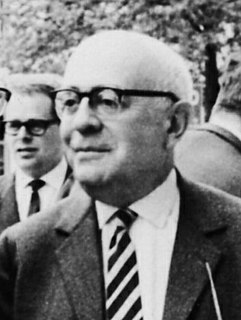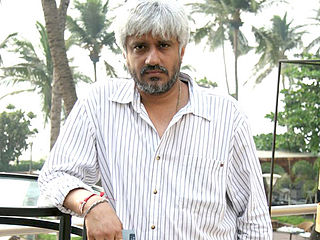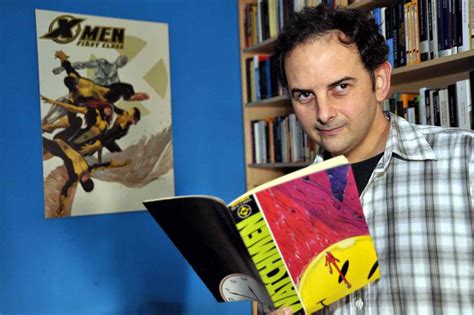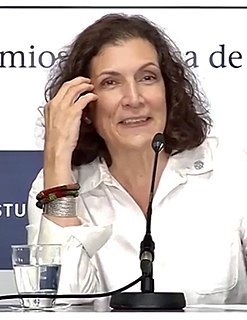A Quote by Theodor W. Adorno
History does not merely touch on language, but takes place in it.
Related Quotes
Meek's Cutoff by Kelly Reichardt. It's beautifully shot. It's a complex story. The filmmaker gave a very patient and feminine touch to a story that takes place during a period of history that's very masculine, without losing any of the unforgiving harshness of the reality where the characters found themselves in.
'Meek's Cutoff' by Kelly Reichardt - it's beautifully shot. It's a complex story. The filmmaker gave a very patient and feminine touch to a story that takes place during a period of history that's very masculine, without losing any of the unforgiving harshness of the reality where the characters found themselves in.
Compared with this simple, fibrous life, our civilized history appears the chronicle of debility, of fashion, and the arts of luxury. But the civilized man misses no real refinement in the poetry of the rudest era. It reminds him that civilization does but dress men. It makes shoes, but it does not toughen the soles of the feet. It makes cloth of finer texture, but it does not touch the skin. Inside the civilized man stands the savage still in the place of honor. We are those blue-eyed, yellow-haired Saxons, those slender, dark-haired Normans.
my belief in the sacrament of the Eucharist is simple: without touch, God is a monologue, an idea, a philosophy; he must touch and be touched, the tongue on flesh, and that touch is the result of the monologues, the idea, the philosophies which led to faith; but in the instant of the touch there is no place for thinking, for talking; the silent touch affirms all that, and goes deeper: it affirms the mysteries of love and mortality.








































